RABBI YISRAEL FRIEDMAN (1923 – 2017) was known as the Pashkana Rebbe (after the city of Pașcani where his grandfather served as Rebbe). He was descended from the most aristocratic Hassidic dynasty of all — Ruzhyn-Sadigur. He was the last surviving great-great-great-grandson of the illustrious nineteenth-century Hasidic leader, Rabbi Yisrael of Ruzhyn (1796-1850), who himself was a scion — the great-grandson of Rabbi Dov Baer, the Maggid of Mezeritch (d.1772), the leading disciple of the founder of Chassidut, Rabbi Yisrael Baal Shem Tov. Rabbi Friedman Ben-Shalom was born in Bohush, Rumania, in 1923. Both his mother and father were descendants of Rabbi Yisrael of Ruzhyn, and his mother’s father, Rabbi Menachem Mendel, the acclaimed Rebbe of Bohush, was also his father’s first cousin. At the tender age of nine his mother died, and he was brought up in his grandfather’s house, where at first he was taught Torah by an elderly Bohush chassid who had tutored Ruzhyn family members for generations, after which he began private studies with his revered grandfather, of whom he became a devoted disciple. In the late nineteenth century, the Ruzhyn Hassidic leaders were known for their enthusiastic support for the resettlement of Jews in the Land of Israel — unlike many of their Hassidic leader counterparts — and a number of them openly supported the Zionist movement after it was launched in 1896, a factor that set them apart from almost every other Hassidic leader in early twentieth century Europe. The Bohush dynasty was no different than other branches of the Ruzhyn sect, and the young Rabbi Friedman was raised in an environment broadly sympathetic with Zionist aspirations for a Jewish National Home in the Holy Land that would be internationally recognized as an independent Jewish State. During the Holocaust years, he escaped to Bucharest, Rumania, where he lived together with his immediate family. It was there, in 1944, that he met his distant relative, the Vizhnitzer Rebbe, Rabbi Chaim Meir Hager (1887-1972), also a descendant of Rabbi Yisrael of Ruzhyn, who passed through Bucharest as part of a miraculous journey that thwarted Nazi attempts to kill him. As a result of this encounter, Rabbi Friedman met Zipporah, the Vizhnitzer Rebbe’s youngest daughter, whom he married in 1946 very shortly after they had both managed to smuggle themselves illegally into the Land of Israel. In June 1948, the young couple joined together with a group of Romanian and Bulgarian Holocaust-survivor immigrants who had founded a secular kibbutz called Reshafim in the Bet She’an valley, and they remained there for 18 years.
During this period their religious observance was confined to their home, while any religious celebrations – such as the bar mitzvahs of their sons – were transported to Tel Aviv, where Rabbi Friedman’s father now lived, close to his brother, Rabbi Yitzchak Friedman (1903-1992), who had become the new Rebbe of Bohush. In the late 1960s, the Friedman family moved to a religious kibbutz called Sa’ad. They also spent time in Marseilles, France, as emissaries for the Jewish Agency. Keen to broaden his knowledge, Rabbi Friedman Ben-Shalom enrolled at Tel Aviv University’s Jewish History department, where he completed a Ph.D. on the subject of “Beit Shammai’s political influence in first century Judea”. He became a lecturer at the Tel Aviv University and the Ben-Gurion University of the Negev, and the Rosh Yeshiva of a Hesder yeshiva in Netivot, Israel. When he eventually retired from his role as an educator, Rabbi Friedman and his wife moved to Jerusalem to be close to their son Hoshea Ben-Shalom, who had set up an “urban kibbutz” called Beit Yisrael in the Jerusalem neighbourhood of Gilo. Remarkably, besides for being an ordained rabbi and a spiritual mentor to thousands, Hoshea Ben-Shalom is also the Chief Reserve Officer of the IDF. Hashgacha would have it that Rabbi Freidman passed away on Yom Hatzmaut and was laid to rest in the family Beis Hachaim in Tel Aviv. Rabbi Gerzi met the Pashkana Rebbe in the early 2010s and spoke with him frequently, receiving advise about academia and learning about Chassidut and Mesorah, as well as the unique brand of Tzionut exemplified by the Ruzhyner Chassidim. Rabbi Gerzi was deeply moved by the middah of ahavat yisrael and hakarat hatov showed by the Rebbe in each and every area of his life, always thinking about the collective nation and accepting every experience with love and gratitude.
What I found incredibly striking about the Pashkana Rebbe was the fact that everything he met, whether good or bad in his life, was met from him with gratitude. There is no such situation in the universe that can’t be met with gratitude. One thing I learned from him that will last for a very, very long time was to approach every situation with hakarat hatov, whatever it may be.
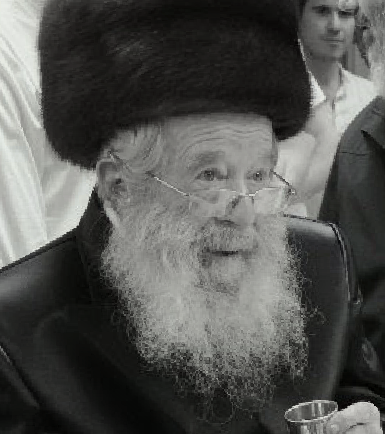
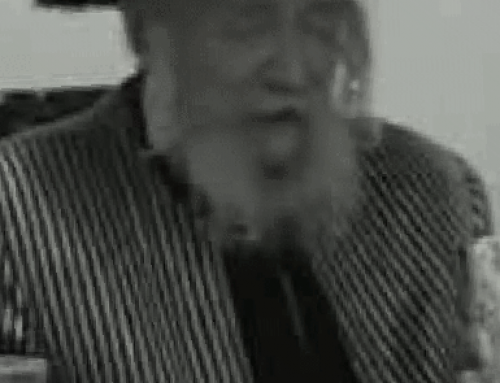
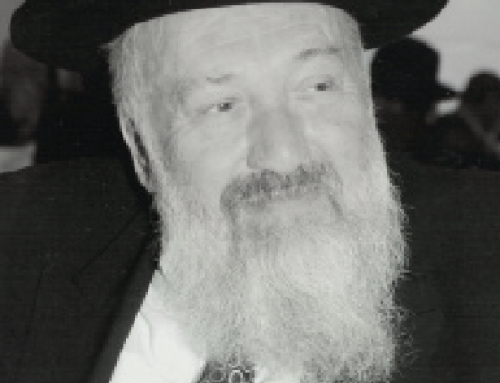
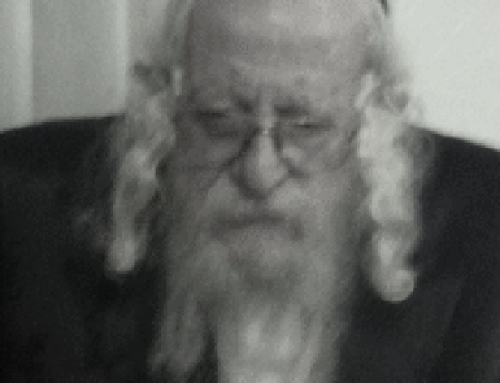
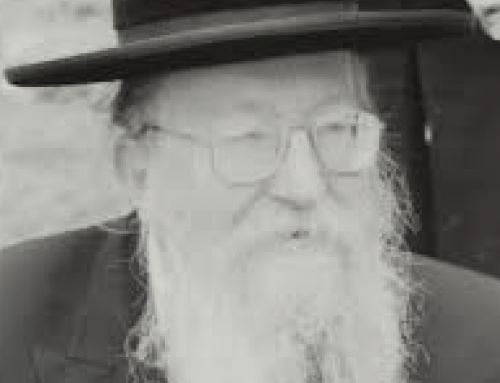
Leave A Comment